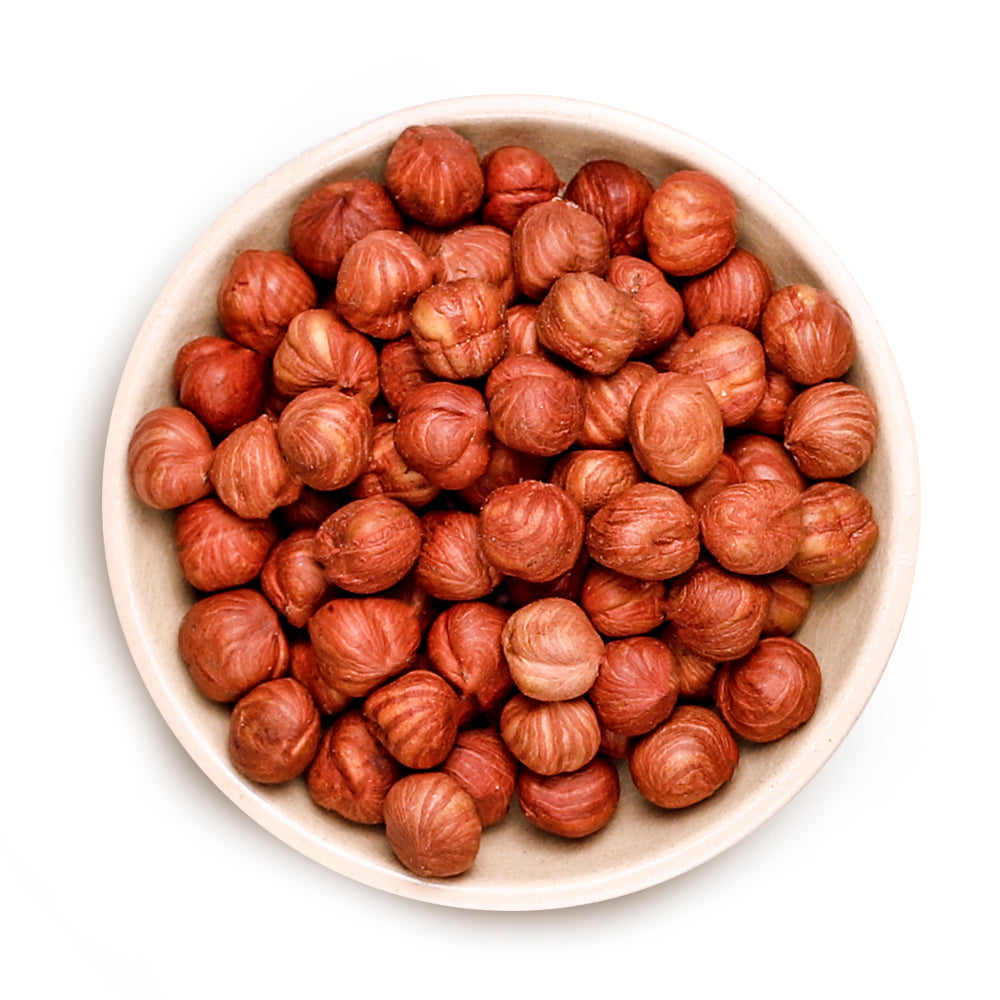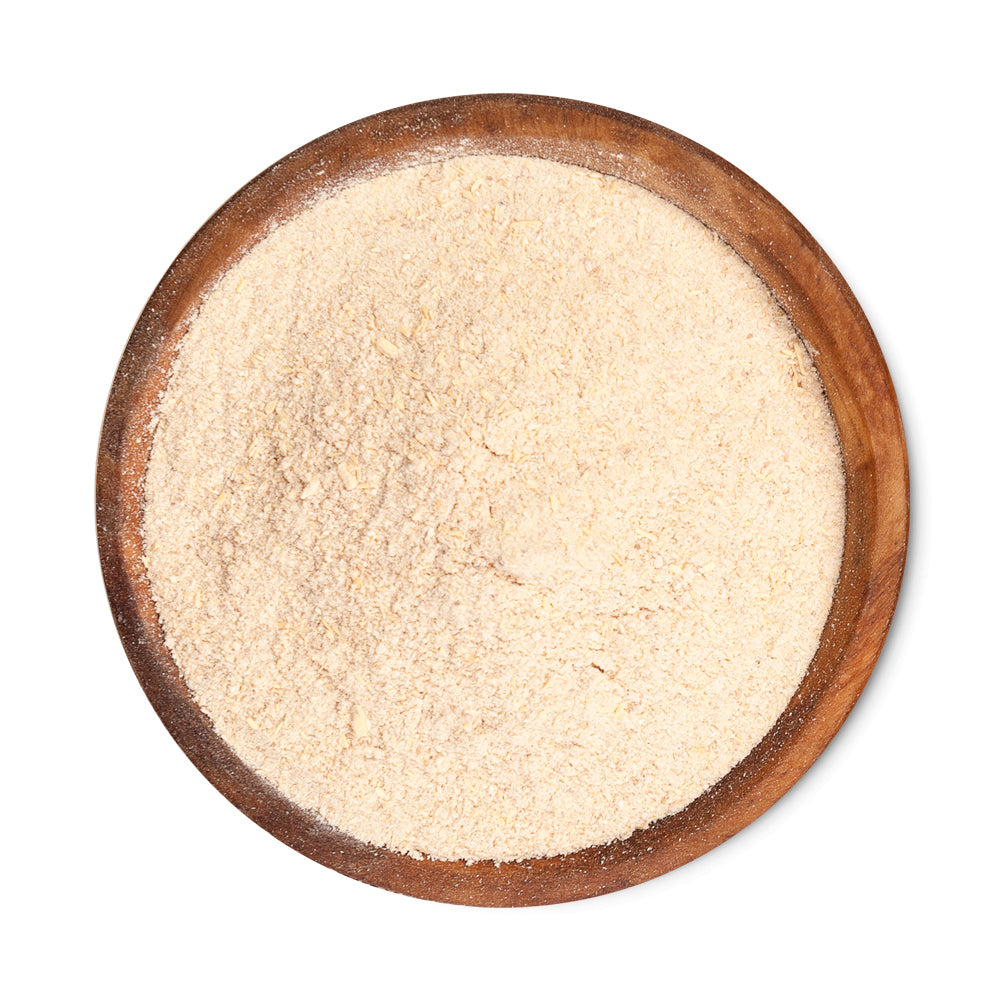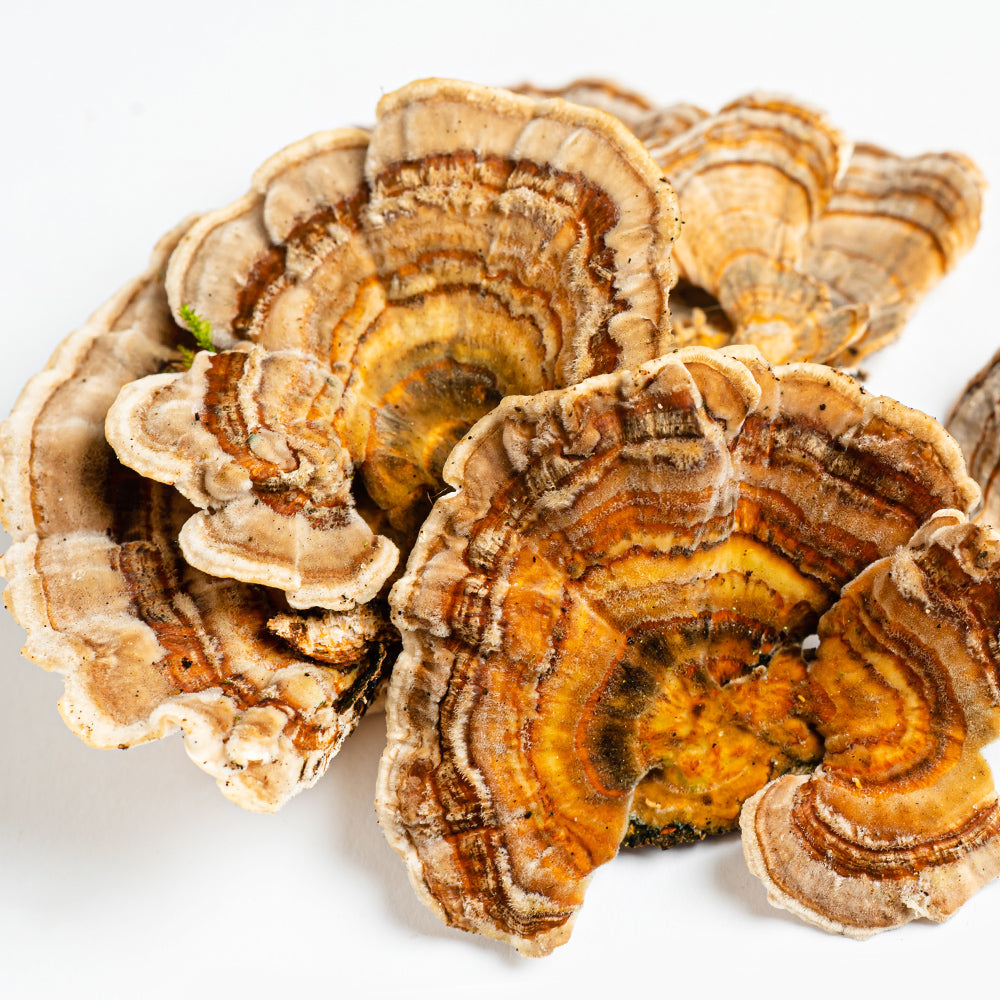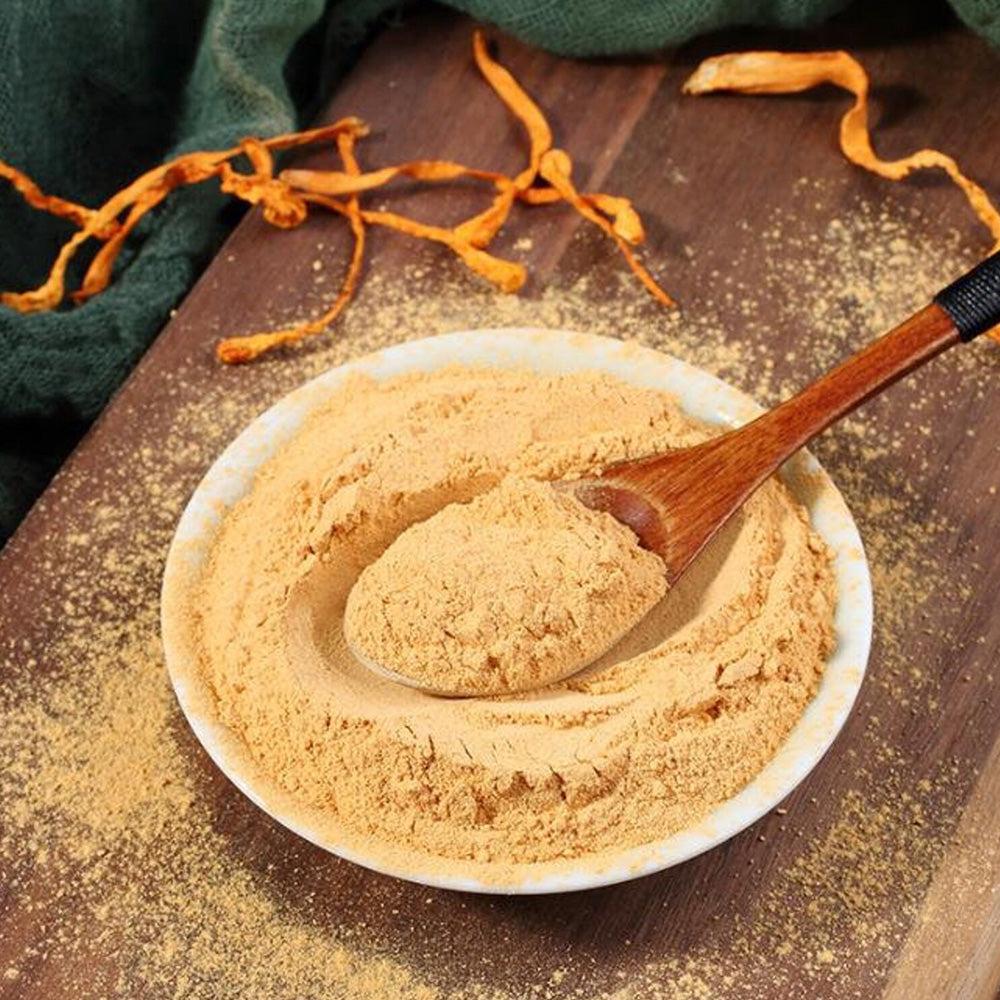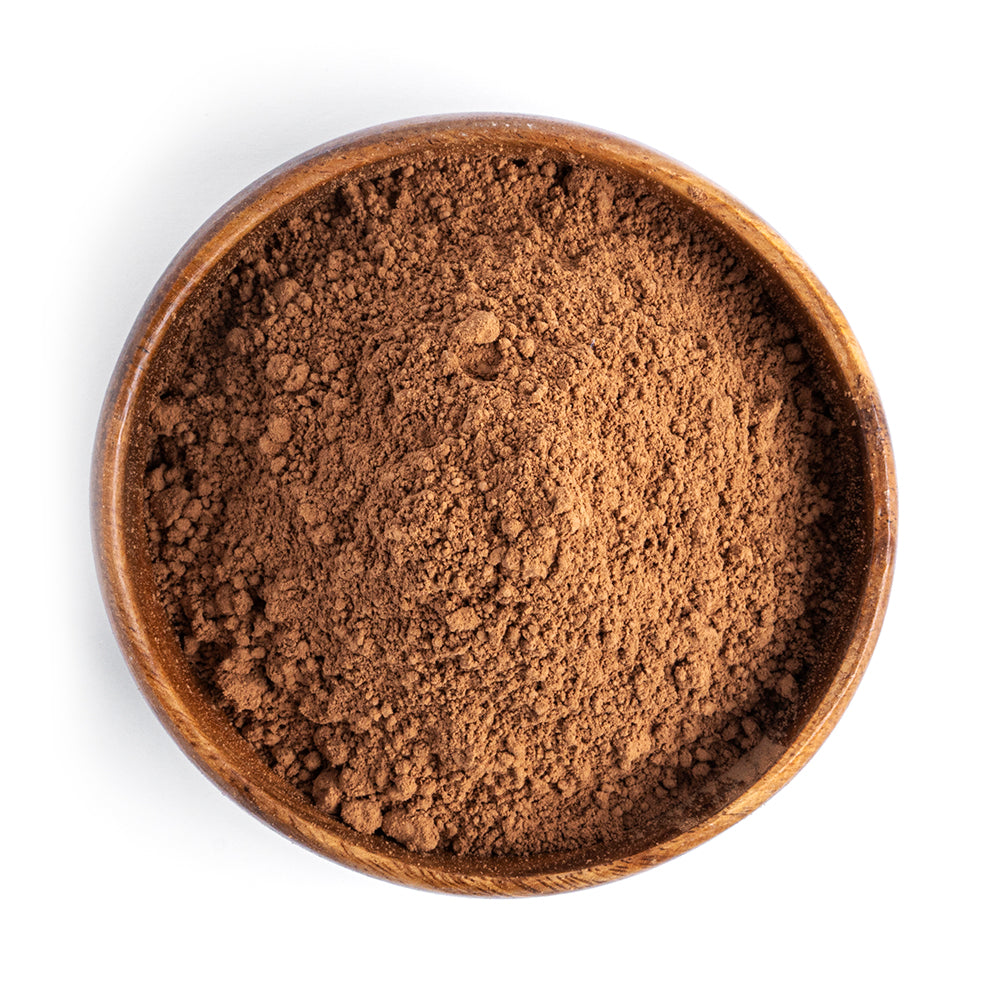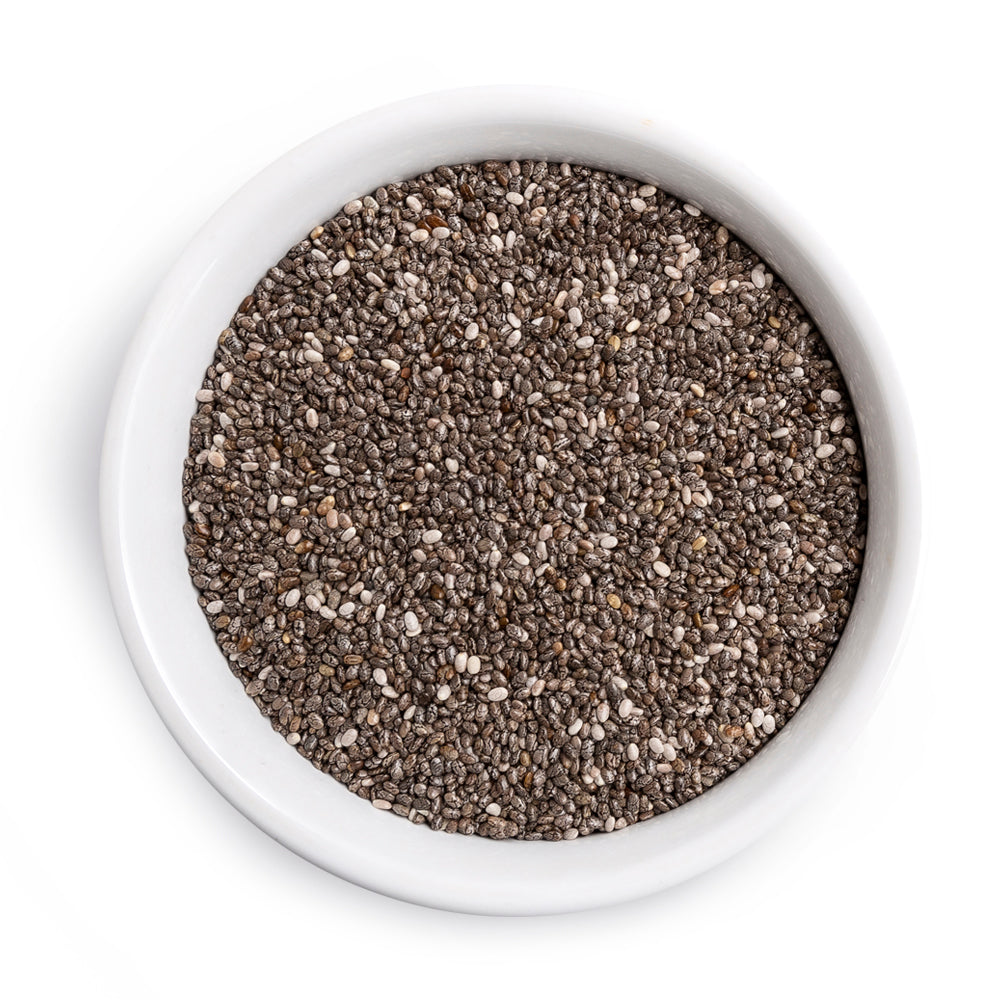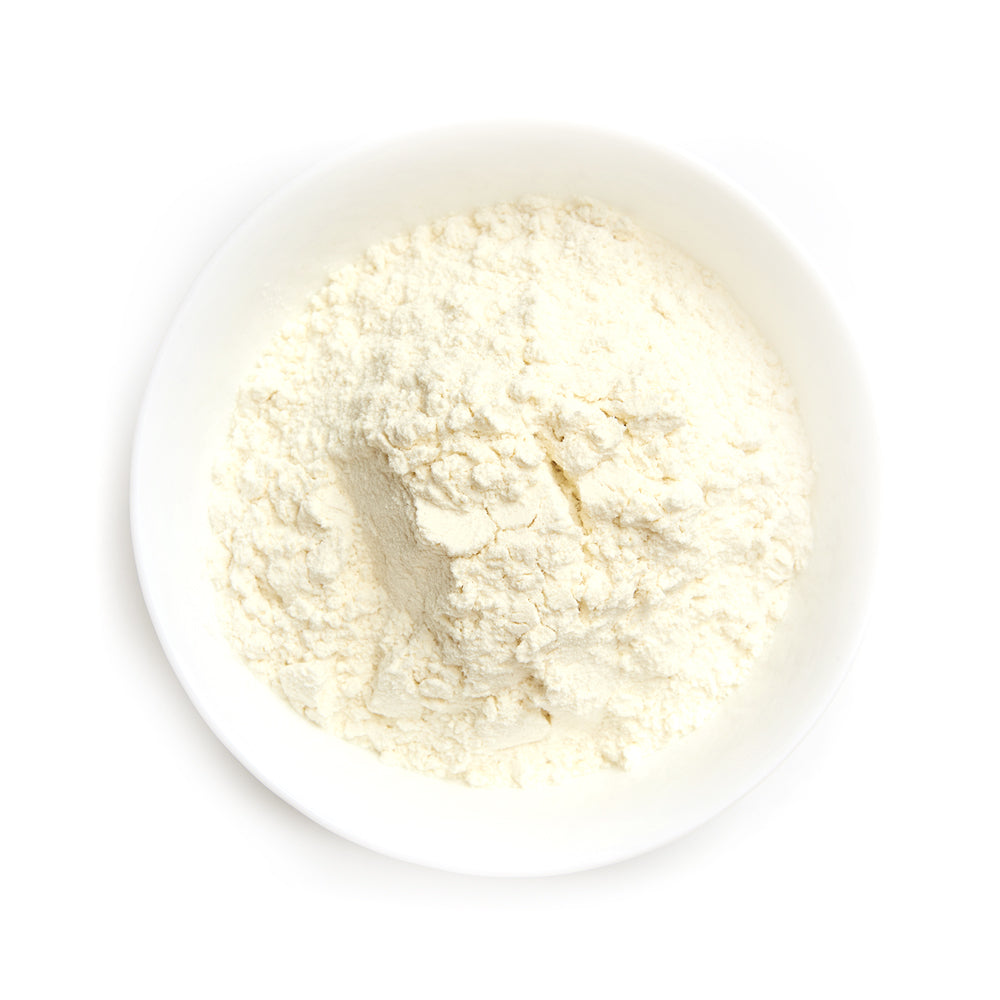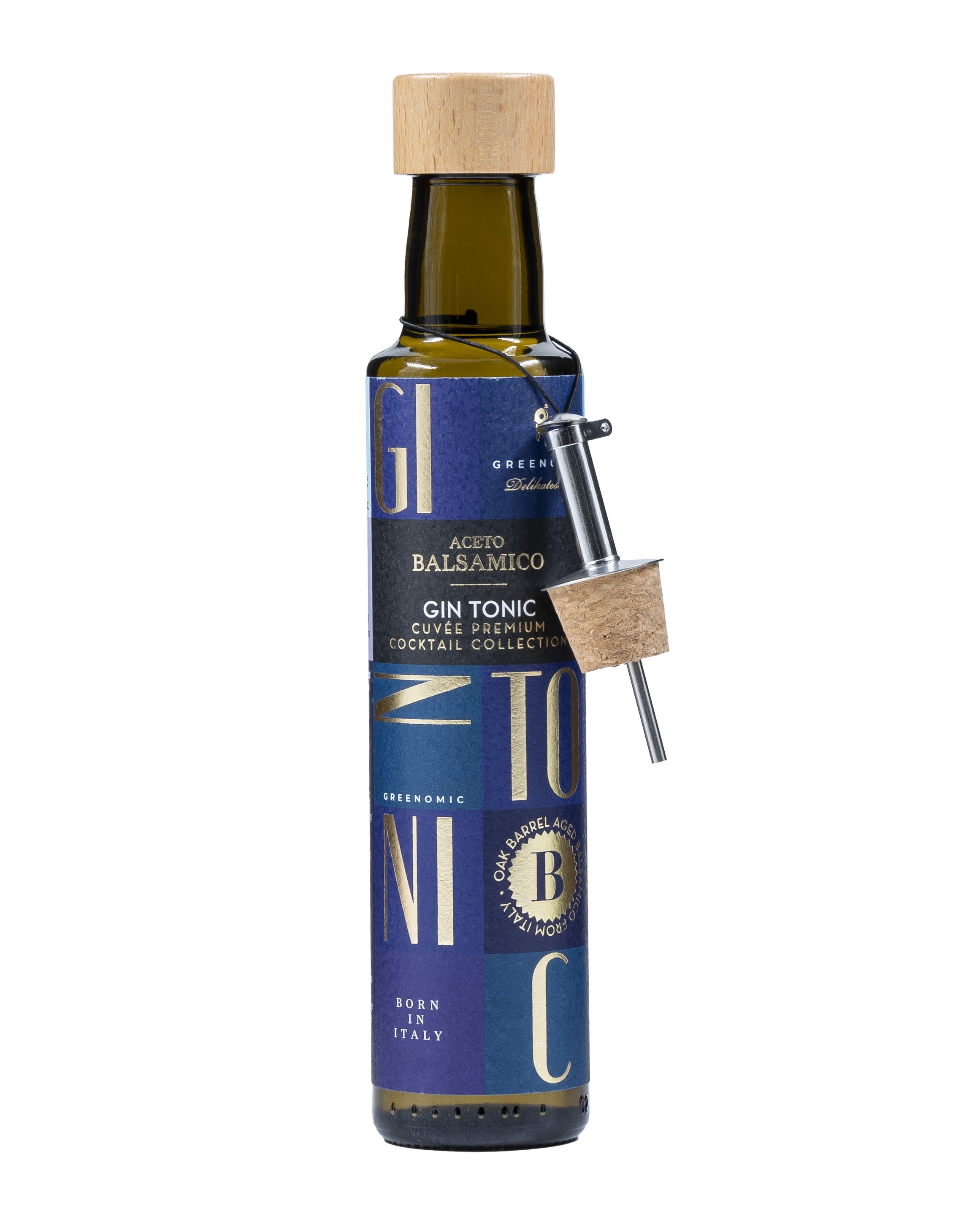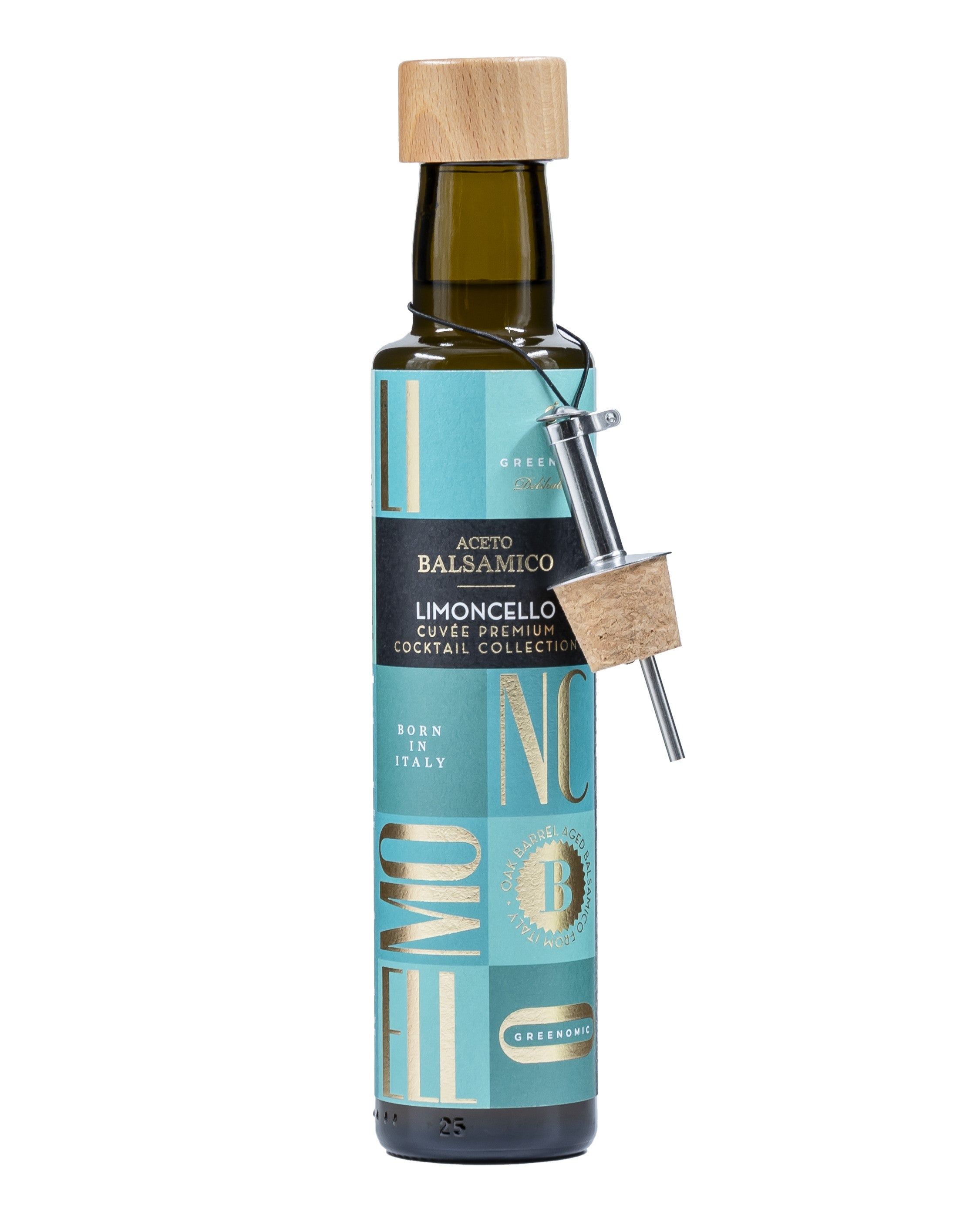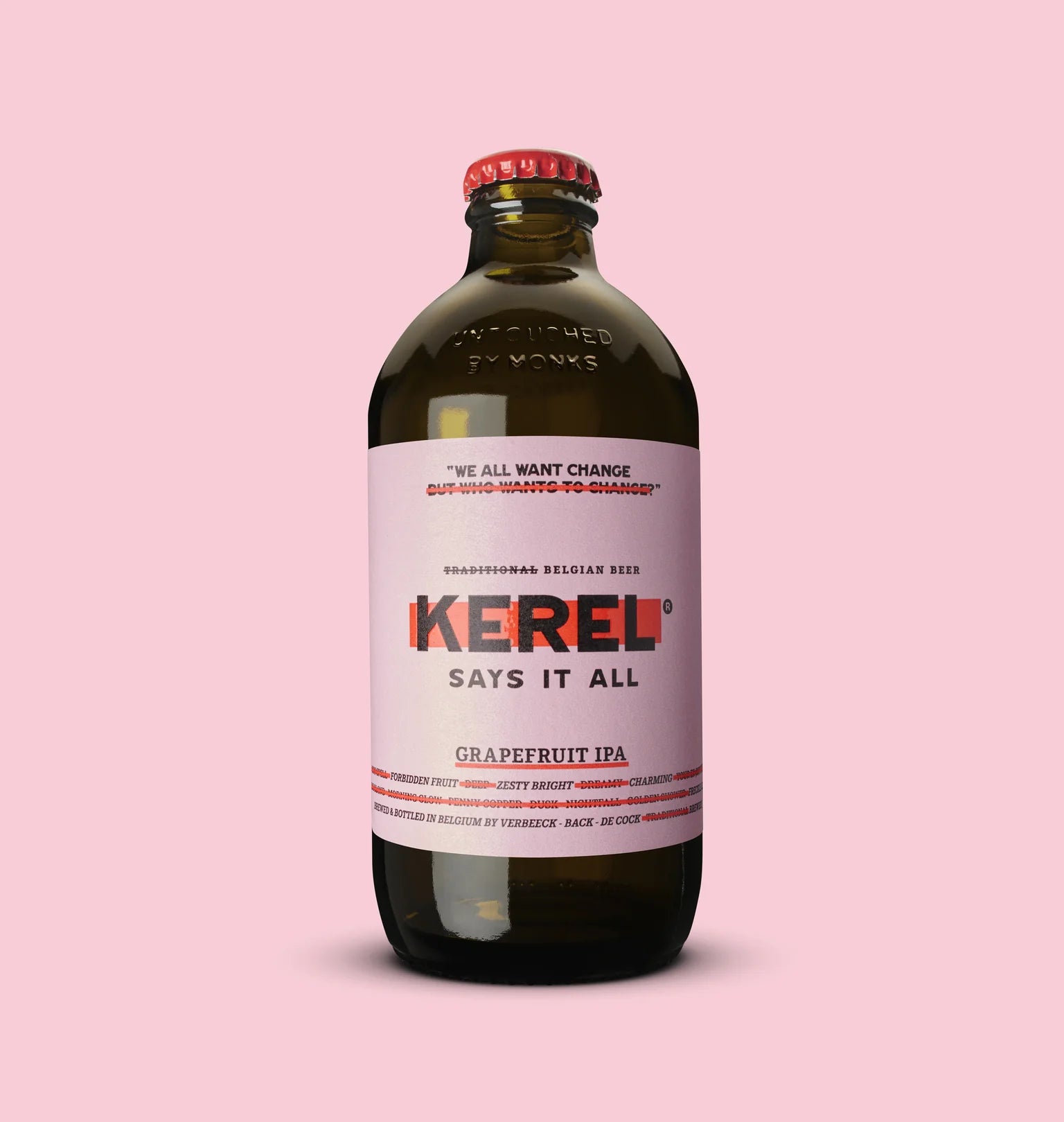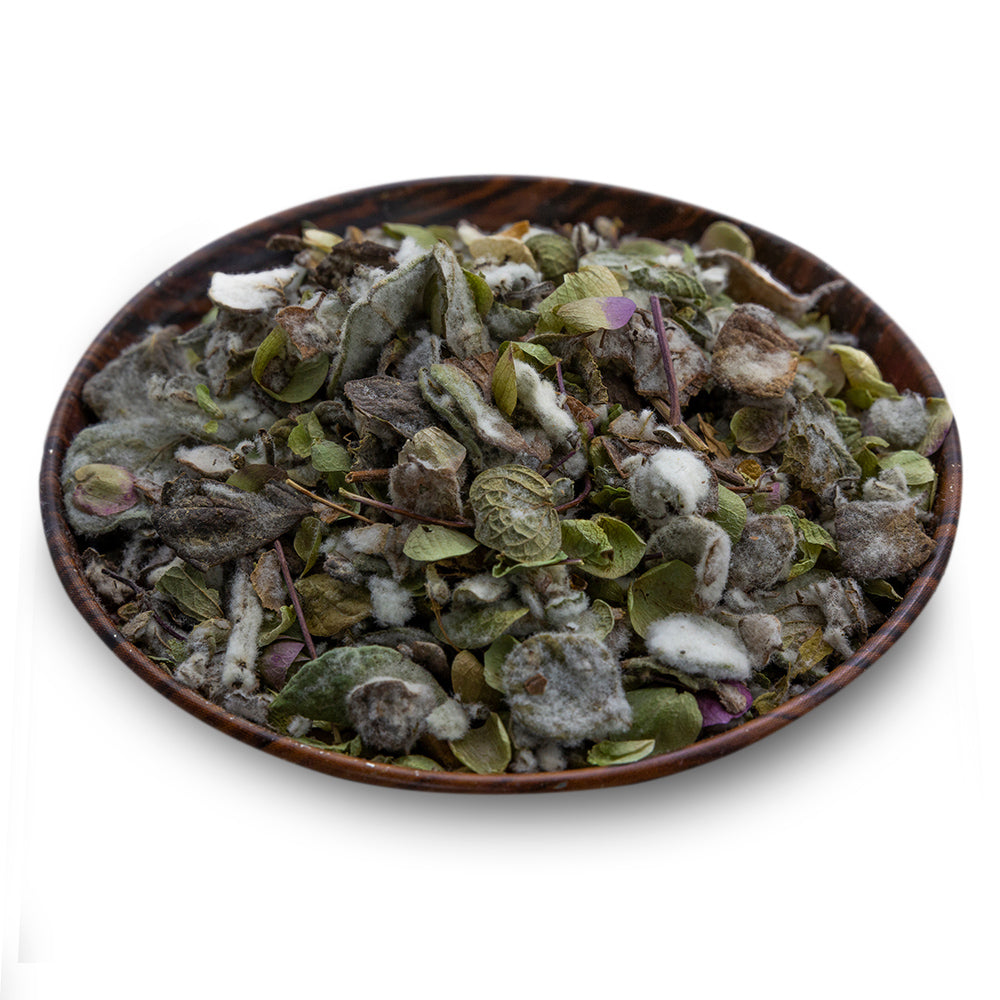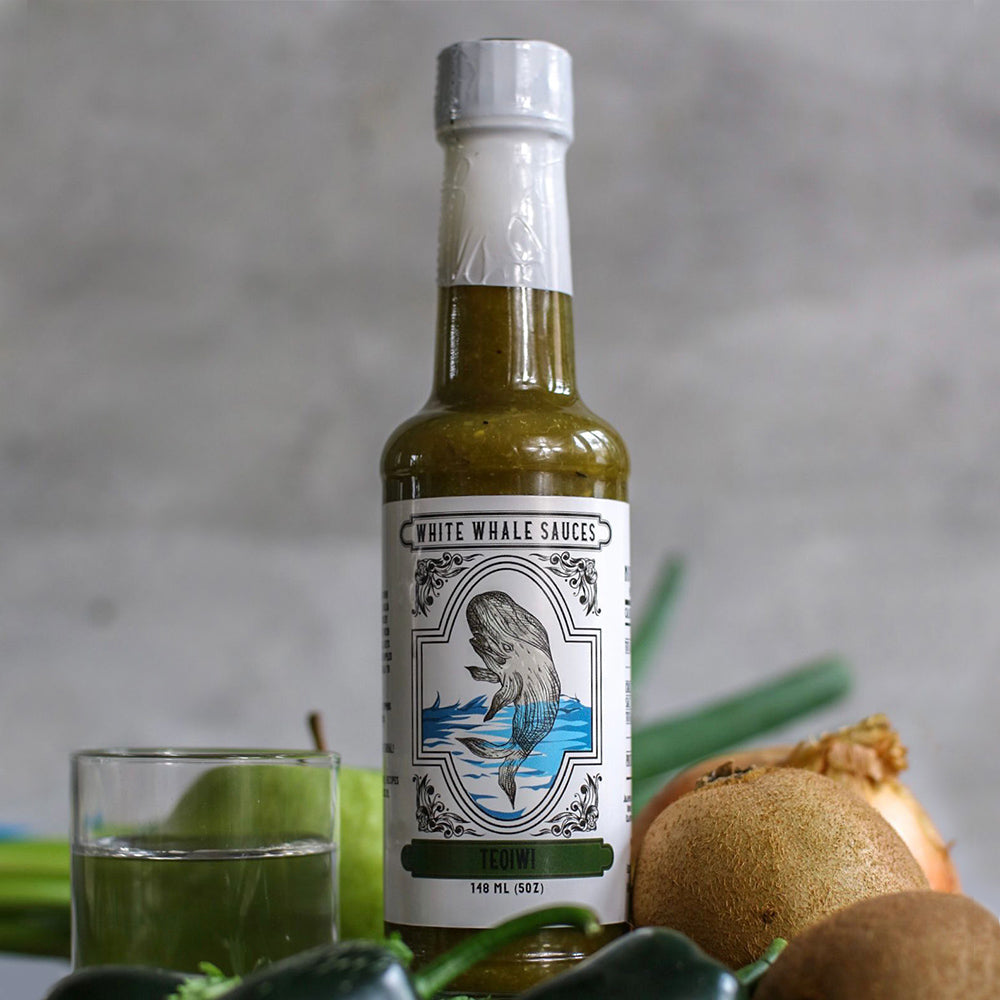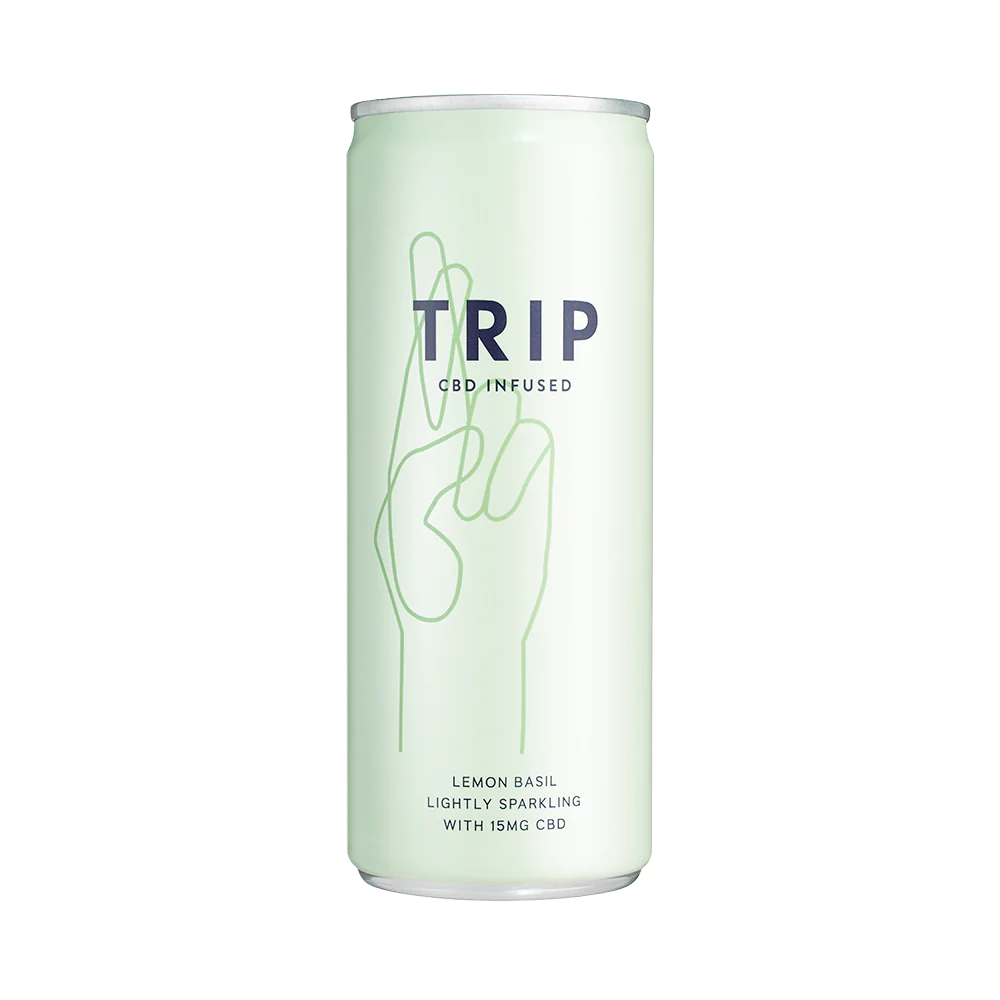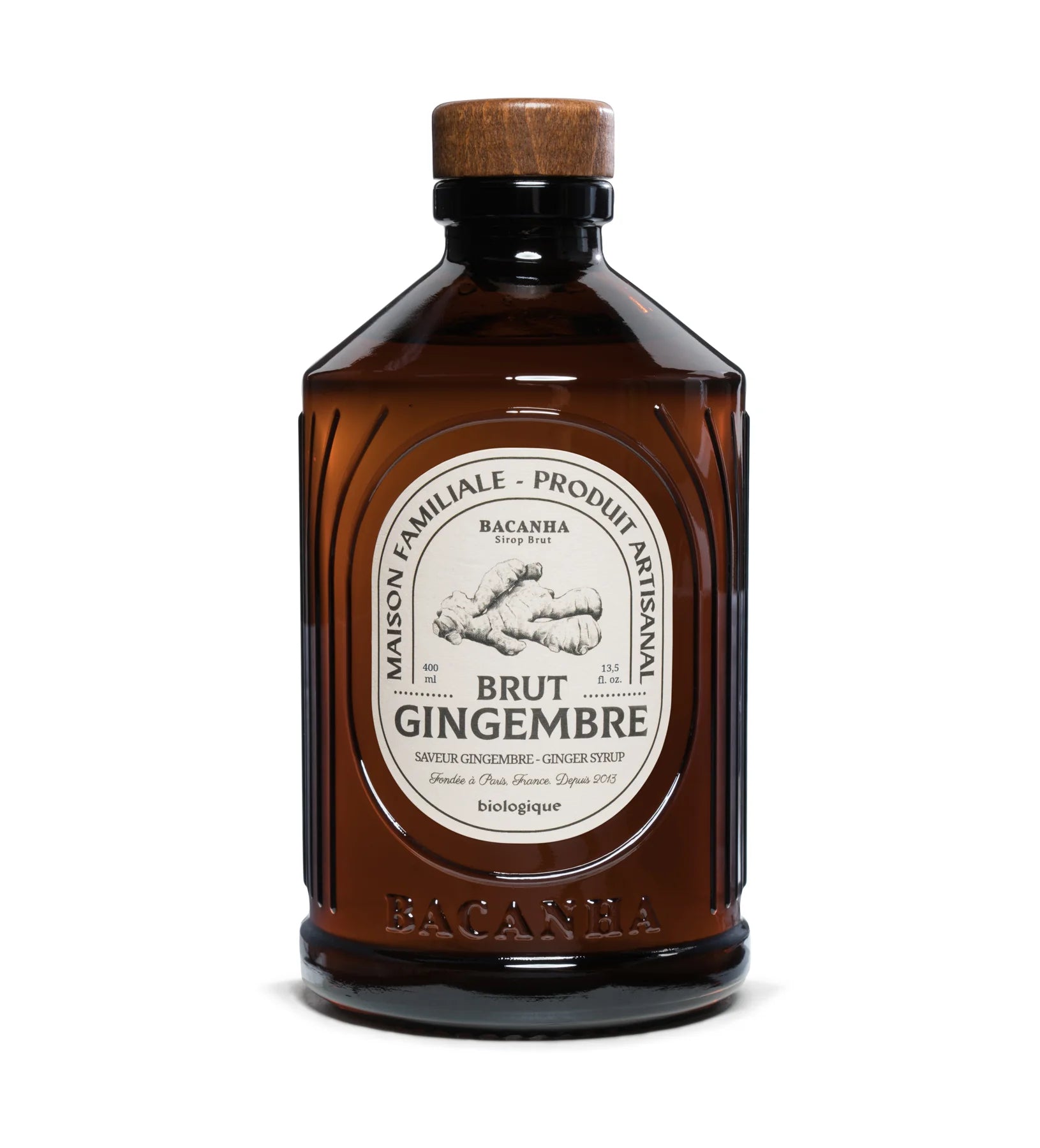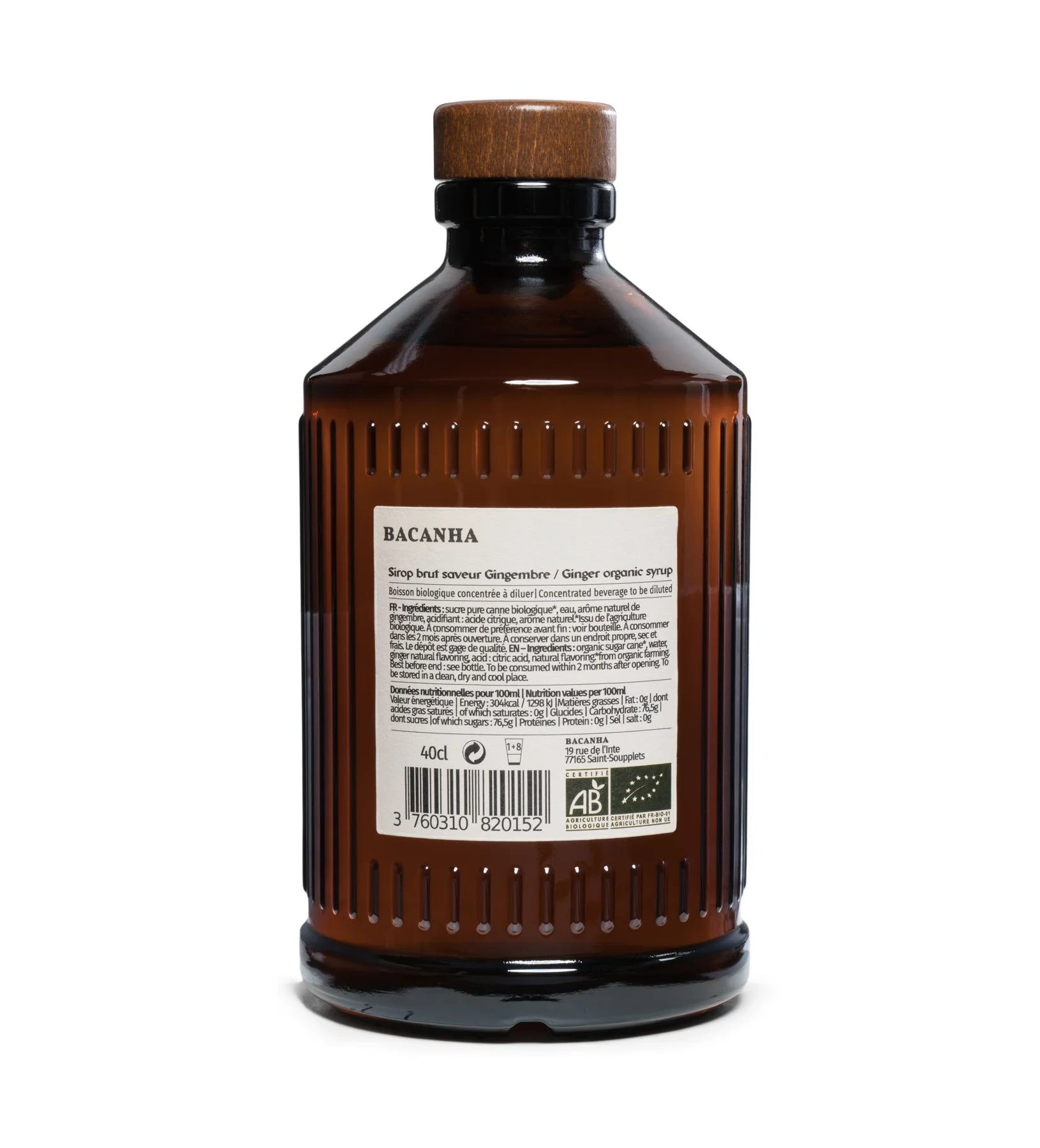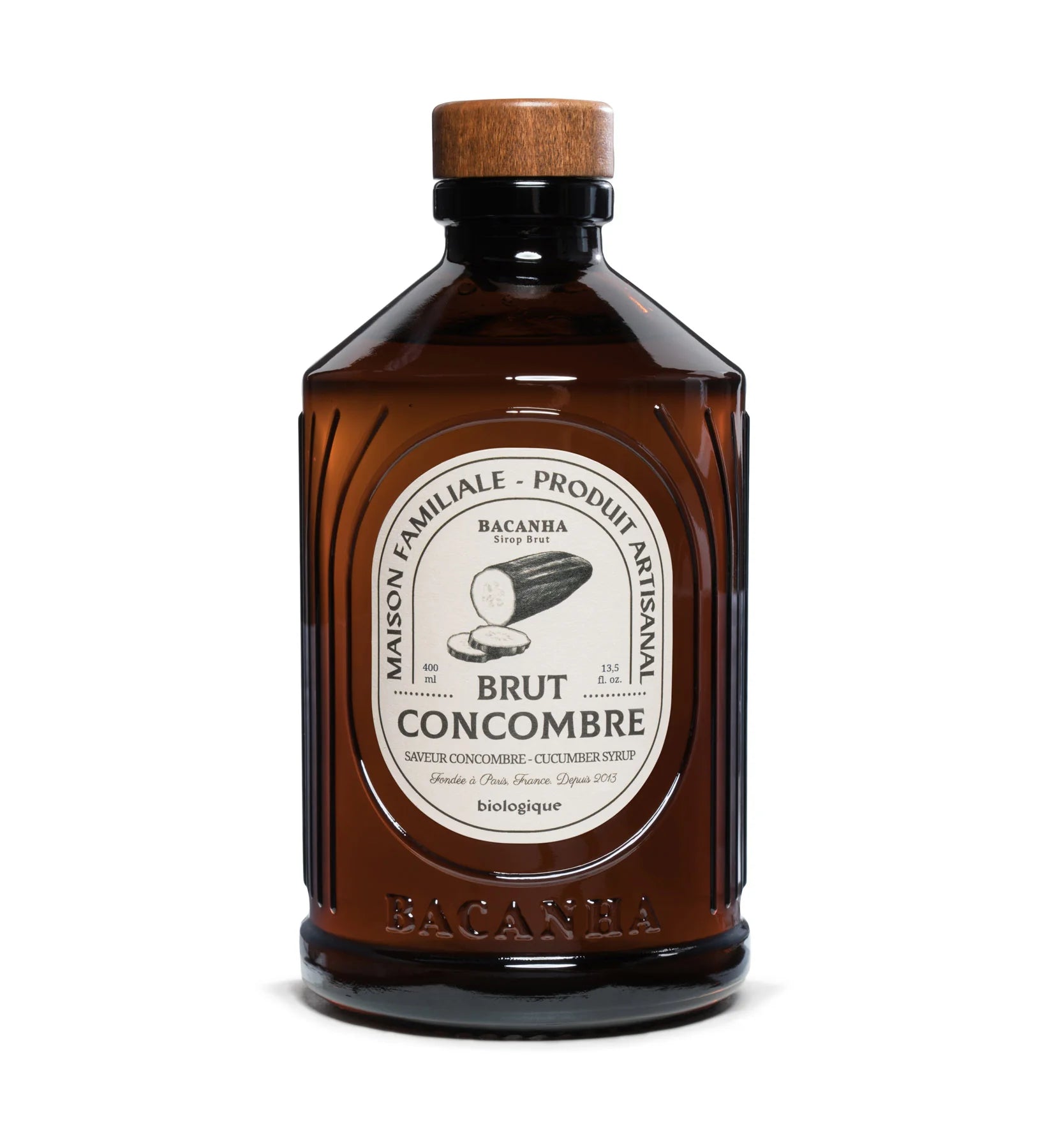About Hazelnuts Raw Organic
Over hundred varieties of hazelnut are cultivated in many temperate countries, with Turkey the world’s largest producer. Hazelnuts grow within protective husks, in clusters on hazelnut trees. When they ripen, the hazelnuts drop from the husks onto the ground, where they can be harvested.
Hazelnut trees are very hardy and can survive in climates prone to drought or cold temperatures (even without full sun). Hazelnuts are filled with healthy fats and vitamins, and as such they offer a variety of health benefits. Hazelnuts are a good source of antioxidants (high in vitamin E and vitamin A), monounsaturated fatty acids (healthiest fats to consume for a healthy heart, and they can also help regulate cholesterol levels and blood sugar and dietary fiber which contributes to overall gastrointestinal health.
Storage and shelf life
Store hazelnuts in a cool, dry, airtight container, away from the sunlight and heat.
Hazelnuts, when stored properly, will keep their taste and texture for 1 month. For longer storage, keep them in an airtight container in the fridge up to 6 months or in the freezer up to 1 year.
Shipping and delivery
The product is available for delivery and pick up from our store in de Pijp.
The product is delivered in recycled paper bags.
Nutricional information
Nutritional Value per 100 g
Energy 628 Kcal
Protein (g) 15
Fat (g) 60.8 (Saturated: 4.5)
Carbohydrates (g) 16.7 (Sugars: 4.3)
Dietary fiber (g) 9.7
Salt (g) 0
Allergens: Nuts (-derivatives). May also contain traces of allergens due to possible cross-contamination
How to use
Hazelnuts add a delicious flavor to desserts; pies, cookies, biscotti, cakes, tarts and more. They also go well with savory dishes like seafood, salads, pesto, and even pizza. They can be used to make your own homemade hazelnut butter.
Flavor Pairings
Fish, apples, plums, cinnamon, coffee, chocolate.
Other interesting information
Hazelnuts have a rich lore, and many myths surround them. References to them abound in ancient Greek and Roman writings and mythology and in the Bible, where they are mentioned for their nutritional and healing power.
Particularly in high amounts are protein, dietary fiber, healthy fats, vitamin E, thiamin, phosphorus, manganese, and magnesium. Several B vitamins like riboflavin, thiamin, niacin, pyridoxine, and pantothenic acid have appreciable content. In lesser, but still significant amounts are vitamin K, calcium, zinc, and potassium.
Like most nuts, hazelnuts have demonstrated an ability to balance cholesterol levels, increase heart health, reduce blood pressure and clots, boost the immune system, aid in weight loss, help manage diabetes, improve digestive function, optimize the body’s metabolism, increase skin health, prevent cancer, increase cognitive function, protect against viral and fungal infections, and increase red blood cell count.
